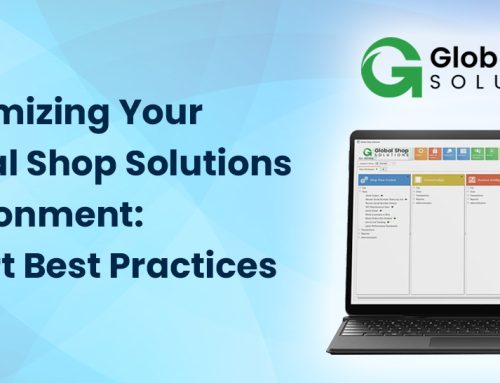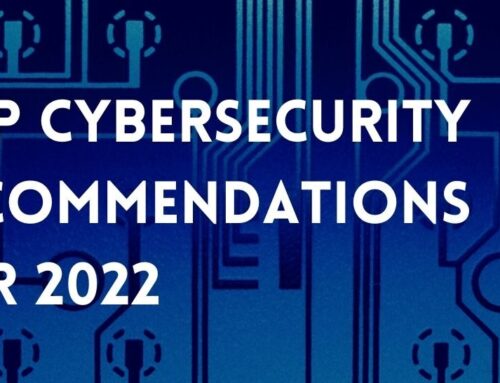 For years, every conversation surrounding technology has inevitably involved “the cloud”. “The cloud” can be a nebulous concept, and as with the excitement and hype around many new technology solutions, many business owners eagerly anticipated getting rid of their servers and expensive hardware, firing their IT providers and operating in technology utopia for a low monthly cost.
For years, every conversation surrounding technology has inevitably involved “the cloud”. “The cloud” can be a nebulous concept, and as with the excitement and hype around many new technology solutions, many business owners eagerly anticipated getting rid of their servers and expensive hardware, firing their IT providers and operating in technology utopia for a low monthly cost.
I recall the advice of a technologist acquaintance of mine from years ago: “The more simple and beautiful it looks on the front end, the more complicated it probably is behind the scenes.” This has definitely proven to be the case with the cloud. The market economics are not there for most small and midsize businesses to migrate wholesale to a cloud environment without significantly increasing their monthly IT spend, and even if the business can afford it, trained and certified engineers still need to provide care to keep things optimized.
We recommend most businesses take a hybrid approach towards their technology ecosystem. Here are three of the most effective ways to make the migration:
The game is over, Microsoft won. For over a decade, the gold-standard for business class email and communication was an Exchange server. Office 365 brought all the power and functionality of an Exchange server to the cloud, and bundled Microsoft Office and other valuable features into it. The result is the most cost effective and useful way to manage business mail on the market. If you still have an Exchange server on-premise or utilize a hosted provider other than Microsoft for your mail, this should be the next product you look to migrate to.
Line of Business Applications
Many businesses use niche or specialty software. Law firms use timekeeping and case management software, manufacturing companies use rendering and project management software. Most software companies have begun selling their software as a service. This means that rather than selling you, the customer, an application and license that will be hosted on your servers locally, plus annual maintenance, the software is hosted in a data center far away by the application provider, and charged to you as a monthly ongoing fee. If your LOB software companies are not already promoting a SaaS option they will be soon, and if they don’t have one in the works you should take a very cautious eye to whether they are a relevant and forward-thinking partner. By running LOB applications as a service, you will be reducing the local horsepower needed to keep your organization running, and in many cases lowering your long-term costs significantly.
Hosted Accounting Programs
If you are thinking of revamping your accounting program, there are some competitive options on the market that are provided as a service. Statistically, QuickBooks is still the dominant accounting software for small and midsize businesses, but some emerging competitors have slick and compelling solutions too. If you are thinking of revamping your accounting and moving to a hosted platform, look at QuickBooks Online (But be wary of key differences if you are used to their Professional or Enterprise versions, engage an IT firm like Upward Technology to evaluate pros and cons before making the switch). Another competitor who is gaining ground in this space very quickly is FreshBooks, they provide similar features to QuickBooks but with a clean, modern user interface and better customer service than QuickBooks.
If it is important to your business to maintain a watchful eye on ways to leverage technology to stay competitive, a hybrid cloud approach should be on your business road map. If you haven’t been given the guidance to create a clear and budgeted plan to move to the cloud, contact Upward today to begin 2016 with a clear plan for success.






Leave A Comment